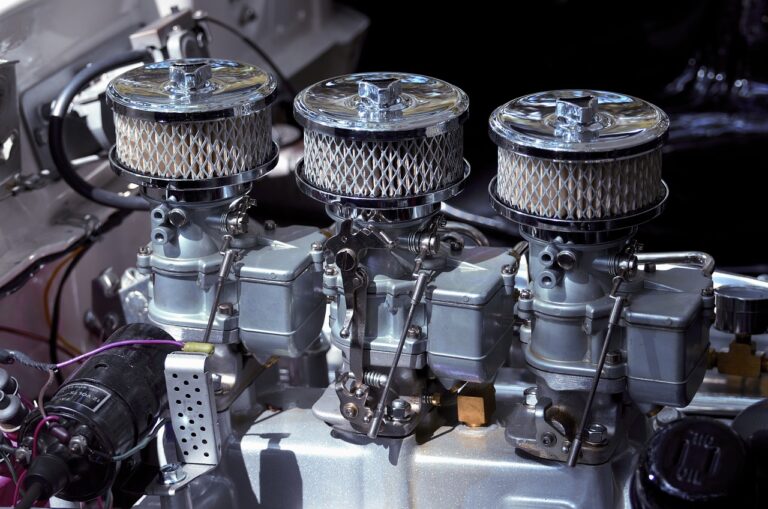Key Innovations in Car Engine Management Systems: All pannel.com, Play99, Golds 365
all pannel.com, play99, golds 365: Key Innovations in Car Engine Management Systems
Are you a car enthusiast looking to stay updated on the latest advancements in engine management systems? Look no further! In this blog post, we will discuss some key innovations in car engine management systems that have revolutionized the way cars operate. From electronic fuel injection to adaptive cruise control, these advancements have significantly improved performance, efficiency, and overall driving experience.
Electronic Fuel Injection (EFI)
One of the most significant innovations in car engine management systems is electronic fuel injection (EFI). This system replaced traditional carburetors by using electronic sensors to precisely control the amount of fuel delivered to the engine. Not only does EFI improve fuel efficiency, but it also enhances engine performance by providing better throttle response and more accurate fuel delivery.
Variable Valve Timing (VVT)
Variable valve timing (VVT) is another groundbreaking innovation in engine management systems that allows for greater control over the engine’s intake and exhaust valves. By adjusting the timing of the valves, VVT can optimize engine performance at different speeds and loads, resulting in improved power output, fuel efficiency, and reduced emissions.
Knock Sensors
Knock sensors are an essential component of engine management systems that detect abnormal combustion, also known as engine knock. When knock is detected, the sensors signal the engine control unit to adjust the ignition timing to prevent damage to the engine. This innovation helps optimize performance while ensuring the engine operates smoothly and efficiently.
Oxygen Sensors
Oxygen sensors are another key innovation in engine management systems that monitor the amount of oxygen in the exhaust gases. By measuring oxygen levels, the sensors help adjust the air-fuel mixture to improve fuel efficiency and reduce emissions. This technology is crucial for modern vehicles to meet emissions standards and operate at peak performance.
Turbocharging and Supercharging
Turbocharging and supercharging are technologies that increase engine power by forcing more air into the combustion chamber. These innovations improve engine performance without increasing engine displacement, resulting in higher horsepower and torque output. Turbocharging and supercharging have become increasingly popular in modern cars, providing drivers with a thrilling driving experience.
Adaptive Cruise Control
Adaptive cruise control is a sophisticated innovation in engine management systems that uses sensors and cameras to maintain a safe distance between vehicles on the road. This technology can automatically adjust the vehicle’s speed and braking to match the flow of traffic, improving safety and reducing driver fatigue. Adaptive cruise control is a valuable feature for long highway drives and congested traffic conditions.
FAQs
Q: What is engine management system?
A: An engine management system is a complex network of sensors, actuators, and electronic control units that work together to optimize engine performance, fuel efficiency, and emissions. These systems monitor and adjust various parameters, such as fuel injection, ignition timing, and valve timing, to ensure the engine operates at peak performance.
Q: How do engine management systems improve fuel efficiency?
A: Engine management systems improve fuel efficiency by optimizing the air-fuel mixture, adjusting ignition timing, and controlling other parameters to ensure efficient combustion. By monitoring and adjusting these factors, engine management systems can maximize fuel economy while maintaining engine performance.
Q: Can I upgrade my car’s engine management system?
A: While it is possible to upgrade certain components of your car’s engine management system, such as installing a performance chip or tuning the ECU, it is essential to consult with a professional to ensure compatibility and proper installation. Upgrading your engine management system can improve performance, but it may also void your warranty and impact emissions compliance.
In conclusion, car engine management systems have come a long way in delivering performance, efficiency, and safety features to modern vehicles. With continuous advancements and innovations, we can expect even more exciting developments in engine management systems in the future. Stay tuned for more updates on the latest trends in automotive technology!







